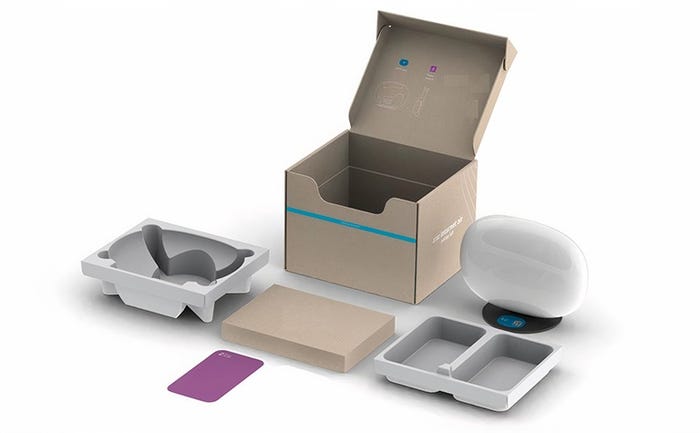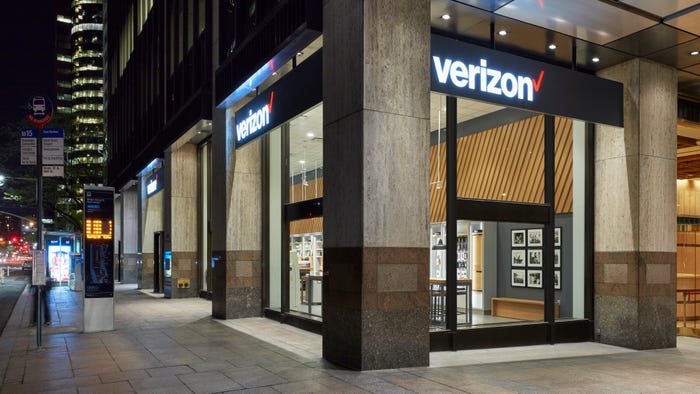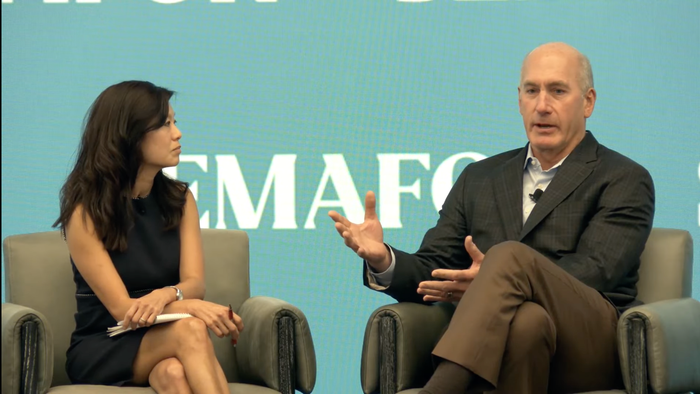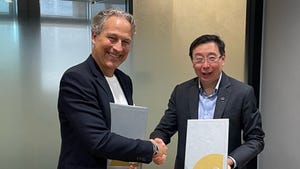News
Handshake over global network link connection illustration
Cable Technology
Rogers cuts new ten-year tech and product deal with ComcastRogers cuts new ten-year tech and product deal with Comcast
Rogers, Canada's largest cable operator, has inked a new, ten-year deal to gain access to Comcast's latest video streaming devices and broadband gateways.
Subscribe and receive the latest news from the industry.
Join 62,000+ members. Yes it's completely free.


















































